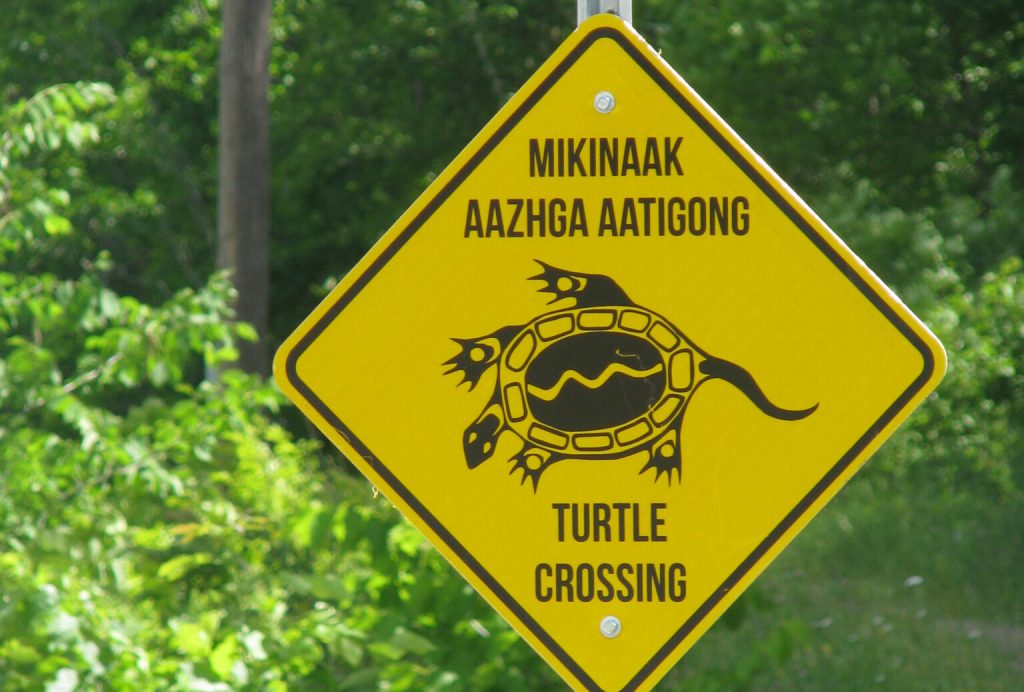

According to CBC, the Mississauga Nation is launching a three-pronged initiative online to revitalize culture, language and identity in its communities.
“I think people want to be connected to culture, and that’s what they were telling us,” Sean Conway, a member of Curve Lake First Nation and one of three community liaisons who have been working in the Mississauga communities over the last year told CBC. “I think this is a great first step for us in bringing together all of those elements and building on those connections.”
The three parts of the program are:
- A cultural learning series with the help of local elders and knowledge keepers
- A virtual workshop series of interactive group experiences that will range from historical storytelling to traditional arts like moccasin- and basket-making
- Illustrated flash cards and labels released once a month that feature Anishinaabemowin words in the Mississauga dialect
The Curve Lake First Nation, which is one of the six Mississauga Nations, also have partnered with Environment and Climate Change Canada and Otonabee Conservation to install turtle crossing signs in the local Michi Saagig dialect of Anishinaabemowin.
Curve Lake First Nation is home to four types of turtles, and all considered to be species at risk.
“Curve Lake used to be full of turtles and now we’re not,” Lorenzo Whetung, one of the community members who initiated the project, told CBC.
The translation was done by elders in the community and the graphic on the signs was provided by the Toronto Zoo Turtle Island Conservation Program.
“Installing sings in areas where miikinaak (turtles) have been observed crossing the roads is a simple way to remind rsidents and visitors to Curve Lake First Nation to be aware and take steps to avoid turtles when driving,” Whetung stated in a press release.
Photo courtesy Curve Lake First Nation.







